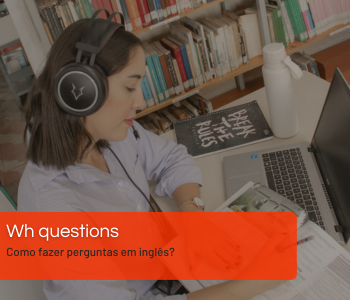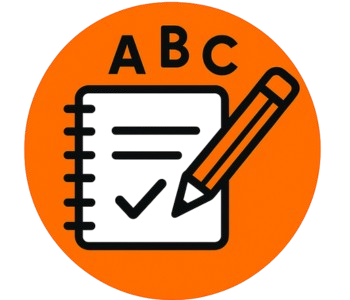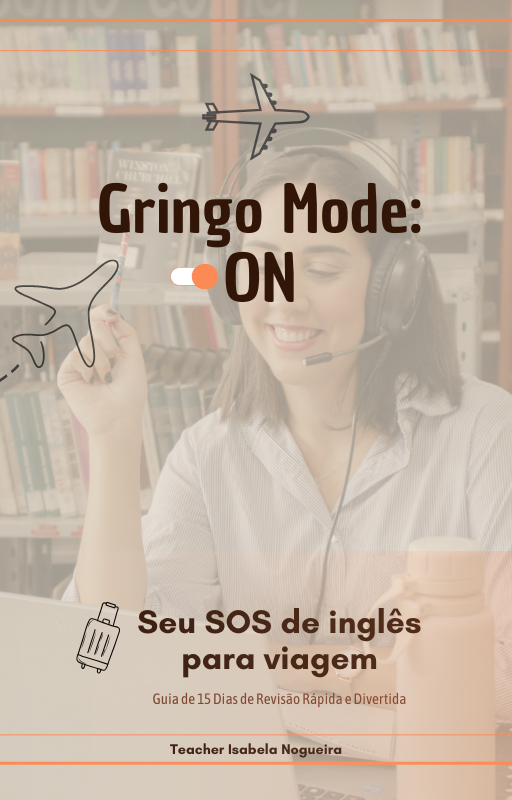Collocations with “Get”: Como usar “get” com naturalidade em inglês?
Hello, people! 👋 O verbo “get” é super comum no inglês e aparece em centenas de expressões e combinações diferentes! Hoje vamos aprender algumas das collocations mais úteis com “get”, com significados e exemplos claros para você usar no dia a dia. Let’s go! 🚀
✅ O que são Collocations?
Collocations são combinações de palavras que soam naturais juntas em inglês.
Em vez de dizer “make angry”, o natural é “get angry”.
Em vez de “do ready”, o certo é “get ready”.
Aprender essas combinações ajuda você a falar com mais fluência e naturalidade. 😉
✅Collocations comuns com “Get”
Aqui estão algumas das collocations mais usadas com “get” e seus significados:
- get ready – preparar-se
(I need to get ready for school.) - get dressed – vestir-se
(She got dressed quickly and left.) - get married – casar-se
(They got married last year.) - get tired – ficar cansado
(I always get tired after lunch.) - get better – melhorar (de saúde ou em algo)
(I hope you get better soon.) - get home – chegar em casa
(What time did you get home?) - get a job – conseguir um emprego
(He finally got a job in marketing.) - get lost – se perder (ou “suma daqui!” em tom informal
(We got lost in the city.)
💡 Dica para estudar collocations
Em vez de decorar traduções, crie frases completas com as collocations. Assim você aprende o uso real e ativa sua memória de forma mais eficaz.
👉 Ex: “I usually get tired after class.” é melhor que apenas “get tired = ficar cansado”.
🚀 Recapitulando!
Collocation | Significado | Exemplo |
get ready | preparar-se | I need to get ready for the trip. |
get dressed | vestir-se | She got dressed and went to work. |
get married | casar-se | They’re going to get married next month. |
get tired | ficar cansado | I get tired after walking too much. |
get better | melhorar | He’s sick, but he’s getting better. |
get home | chegar em casa | I usually get home at 7 p.m. |
get a job | conseguir um emprego | She got a job in a restaurant. |
get lost | se perder / suma daqui | Tourists often get lost here. |

Time's up



